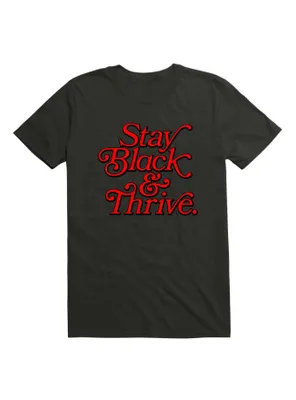Home
Don't Die in the Bundu
Loading Inventory...
Barnes and Noble
Don't Die in the Bundu
Current price: $28.99


Barnes and Noble
Don't Die in the Bundu
Current price: $28.99
Loading Inventory...
Size: OS
*Product Information may vary - to confirm product availability, pricing, and additional information please contact Barnes and Noble
After three albums of distinctly ruminative, atmospheric indie singer/songwriter folk,
Wren Hinds
came to the attention of the
Bella Union
label, which reissued his entire back catalog before releasing this, his fourth solo full-length. Recorded in a mountainside cabin on the Cape Peninsula in
Hinds
' native South Africa,
Don't Die in the Bundu
is perhaps his most personal album yet, with songs inspired by experiences as harrowing as being held at gunpoint and as life-affirming as first-time fatherhood. Tied together by themes of nature and survival, the album opens with tuneful standout "A Song," a particularly soft-spoken, bittersweet outing whose folkstyle guitar and occasional repositioning squeaks are accompanied only by a late-song electric guitar marking chord changes. Meanwhile, double-tracked vocals offer gems like "Come to me like a song/Kick down the back door and don't stay too long." A track like "Dream State" is another existential one, this time with more typical arrangements consisting of textured layers of humming electronics, reverb-heavy guitar, acoustic guitar and banjo strums, and, in this case, distant, knocking sounds serving as percussion ("In the dream state/Not a bad place to fade away"). More-world-weary selections include "Restless Child," a song full of atmospheric sustain and admonitory lyrics directed at his then-unborn child. It was partly informed by events like the COVID-19 pandemic and riots taking place in his hometown. Elsewhere, "Father" offers a breezier take on parenthood, while "The Garden" plays out like a supernatural campfire tale punctuated by spacy electronics and instruments including the shakuhachi (a traditionally bamboo flute built on a pentatonic scale) and swarmandal (an Indian box zither), both of which were performed here by
Guy Buttery
. While, as the title suggests,
's overriding tone is a cautionary one,
offers plenty of dreamy distraction and crafted comfort along the way on an album that, with attentive listening, can be subtly stunning. ~ Marcy Donelson
Wren Hinds
came to the attention of the
Bella Union
label, which reissued his entire back catalog before releasing this, his fourth solo full-length. Recorded in a mountainside cabin on the Cape Peninsula in
Hinds
' native South Africa,
Don't Die in the Bundu
is perhaps his most personal album yet, with songs inspired by experiences as harrowing as being held at gunpoint and as life-affirming as first-time fatherhood. Tied together by themes of nature and survival, the album opens with tuneful standout "A Song," a particularly soft-spoken, bittersweet outing whose folkstyle guitar and occasional repositioning squeaks are accompanied only by a late-song electric guitar marking chord changes. Meanwhile, double-tracked vocals offer gems like "Come to me like a song/Kick down the back door and don't stay too long." A track like "Dream State" is another existential one, this time with more typical arrangements consisting of textured layers of humming electronics, reverb-heavy guitar, acoustic guitar and banjo strums, and, in this case, distant, knocking sounds serving as percussion ("In the dream state/Not a bad place to fade away"). More-world-weary selections include "Restless Child," a song full of atmospheric sustain and admonitory lyrics directed at his then-unborn child. It was partly informed by events like the COVID-19 pandemic and riots taking place in his hometown. Elsewhere, "Father" offers a breezier take on parenthood, while "The Garden" plays out like a supernatural campfire tale punctuated by spacy electronics and instruments including the shakuhachi (a traditionally bamboo flute built on a pentatonic scale) and swarmandal (an Indian box zither), both of which were performed here by
Guy Buttery
. While, as the title suggests,
's overriding tone is a cautionary one,
offers plenty of dreamy distraction and crafted comfort along the way on an album that, with attentive listening, can be subtly stunning. ~ Marcy Donelson


















